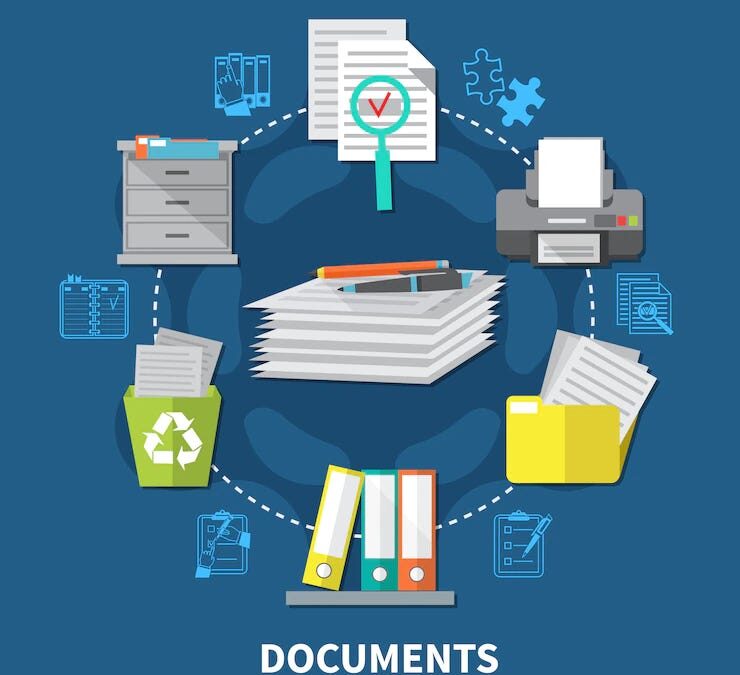 The Business of Law requires recognizing factors that affect judgment. When attorneys experience an ethical crisis or lapse, their brains instinctively frame that event through loss aversion psychology. This is different than risk aversion. What is this and how can it be overcome?
The Business of Law requires recognizing factors that affect judgment. When attorneys experience an ethical crisis or lapse, their brains instinctively frame that event through loss aversion psychology. This is different than risk aversion. What is this and how can it be overcome?
The neural wiring that served our ancestors well for physical survival becomes maladaptive in modern professional contexts.
How does the loss frame manifest?
- One ethical oversight overshadows an otherwise unblemished record.
- A $500,000 settlement missed feels more impactful than a $500,000 settlement won.
- A single negative client review erases 20 positive testimonials.
A common response to the loss frame is denial.
Legal professionals often protect themselves with denial – a defense mechanism that:
- Masks imposter syndrome through overwork
- Transforms healthy ambition into unreasonable perfectionism
- Rationalizes ethical lapses as “pragmatism”.
The loss frame, coupled with an attorney’s otherwise natural inclinations, can have an adverse effect on the business of law; judgment is compromised, behavior overcompensated, and both clients and attorneys are at risk. How do we recalibrate?
Breaking the Cycle: A 3-Step Framework
- Cognitive Reframing: replace loss-focused narratives with balanced perspectives:
- Ethical Recalibration: if possible, make it right.
- PMBR Structural Safeguards:
- Weekly loss frame audit: Have my actions this week aligned with attorney ethics?
- Best Practices, consider the full PMBR checklist for Business of Law issues.
The Path Forward
The legal mind’s greatest strength – pattern recognition – becomes its weakness in loss framing. By applying evidence-based strategies from behavioral psychology, and implementing structural safeguards, attorneys can transform perceived losses into strategic growth opportunities.
The Business of Law is best served by making right judgments, even when loss framing threatens to distort your perspective. By adopting the Three-Step Framework—cognitive reframing, ethical recalibration, and PMBR structural safeguards—attorneys can break the cycle of denial and risk, and instead cultivate a practice marked by resilience, clarity, and client trust.
If you’re ready to implement these strategies, elevate your firm’s image, streamline client management, or implement the PMBR Checklist system, our team at CrossPointe Consulting Group is ready to support you. Reach out at info@crosspointecg.com or call 877-375-2810, and together, let’s build a legal practice that thrives on both professional excellence and sustained personal well-being.
See also:
Business of Law: Conflict of Interest Management
Business of Law: Confidentiality and Data Security
Business of Law: Competence Clarified
Trust Account Management – Where Fiduciary Duty Meets Financial Sense

David Michael has over two decades of expertise in supporting and integrating practice management software for law firms and legal agencies. His background includes serving as a Trial Court Administrator. David’s professional software experience includes implementation of case, contact, calendar, document, and accounting management software for law firms. He has customized many commercialized “off-the-shelf” applications with additional functionality based on the client’s requirements, and is skilled at migrating client data into new applications.



